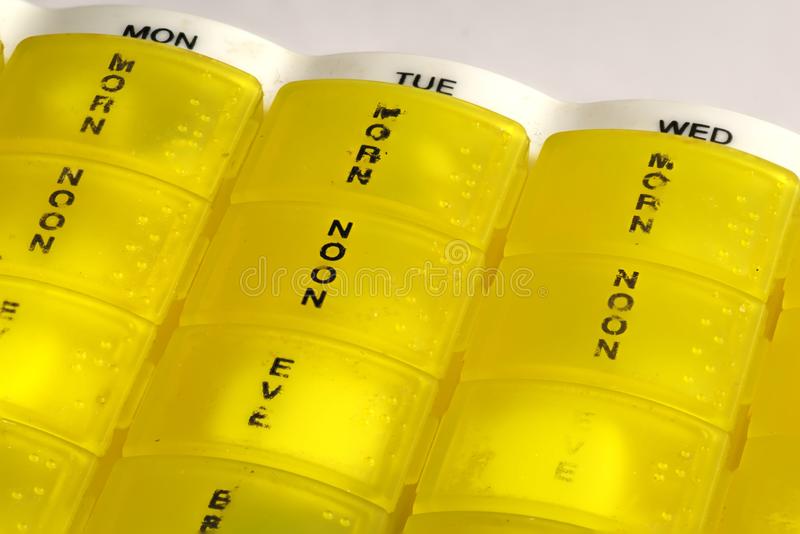Seniors and Medication IV – 7 Tips for Storing and Organizing Medication
Over the last three weeks, I have dispensed a lot of information on seniors and medication. I’m guessing it’s been a lot to digest, maybe too much. Hopefully, though, it has pushed you to think about your shots, medications, and what questions you should be asking your doctor or pharmacist. Let me reiterate what I stated earlier when it comes to our health … ignorance is not bliss.
If you’re like me, you have medication, vitamins, and pharmaceutical “stuff” in more than one place throughout your home. I know of three places where I have medication and stuff stored. The experts, though, opine that it’s best to keep medications stored in one place. Organization is then much easier. Today, I will be looking at ways to store and organize your medications.
Storage
- Not in Your Bathroom Cabinet – Jill Nystul, founder and owner of One Good Thing by Jillee, an expert in household organization, recommends medications not be stored in your bathroom because it’s usually more damp and humid than other rooms. Instead, she recommends putting them in a decorative box safely out of reach of children but in a convenient place where you will see it every day.
- Use Clear Boxes with Labels – Another suggestion put forth by Home Storage Solutions, is to store your medication in clear plastic boxes, labeling each box.
Organizing
- Use a pillbox – Lisa Fayed, a freelance medical writer, cancer educator, and patient advocate, writing for Very Well Health, says “a pill organizer can be very helpful if you take many types of medications each day. It has seven or more compartments that hold each day’s worth of medication.”
- Keep in one place – Shari Forschen, NP, MA, writing for Wikihow, recommends having a dedicated space for all your medication that is not only easily accessible but clean and out of the reach of small inquisitive hands.
- Make an up-to-date checklist – In an article reviewed by L. Anderson, PharmD, Drugs.com recommends keeping “an up-to-date list of your medication names, strengths, doses, and the number of remaining refills.”
- Set a schedule or routine – Heather Holmes, founder, and CEO of Genivity, makes several recommendations for linking pill-taking to a daily event, like a meal or placing your pills where you spend the most amount of time.
- Set an alarm – In an article reviewed by Carol DerSarkissian, MD, WebMD, an online website, suggests several ways to set an alarm as a reminder to take a pill. Included are old fashioned alarm clocks, text and email messages and apps.
How important are proper storing and organization of pills and other medications? In a 2017 article for AARP, Kim Hayes, citing research from the journal Clinical Toxicology and the Food and Drug Administration, reported that roughly 1.3 million seniors in a clinical trial for cardiovascular medications were injured or died from medication errors. The figure may be less than 10% of the senior population, but it does validate the importance of properly storing and organizing medications in a safe spot. Most of this may be common sense, but it’s good to be reminded, even prodded, to make sure medication has not expired and is properly stored and disposed of.


Recent Comments